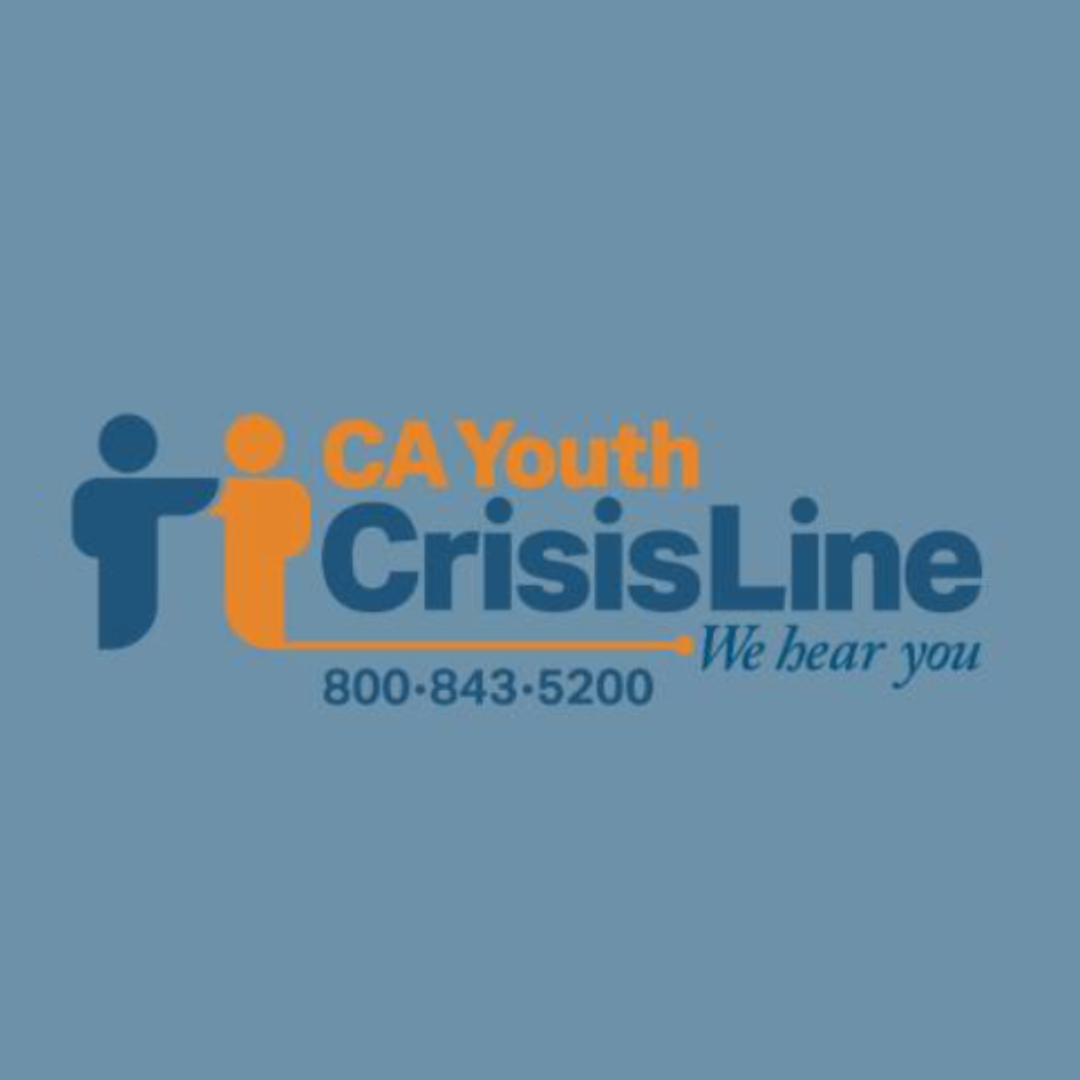EXPLORE OUR INITIATIVES
Mental health resources
-

Suicide and Crisis Lifeline
Text or call 988 - more info on www.988california.org
-

Crisis Text Line
Text HOME to 741741
Resources are NOT only for crisis situations. Support is available for all levels of mental health support.
In the case of an emergency, please dial 911.
-

California Youth Crisis Line
1-800-843-5200 - ages 12-24
We are Hiring!
Join our team as a Youth Engagement Coordinator and help create welcoming, inclusive spaces where young people feel heard, supported, and inspired.
Current Opening: Youth Engagement Coordinator. Click below for details
our mission
SafeSpace is a youth-driven, prevention and early intervention mental health organization dedicated to empowering teens and young adults to speak openly about mental health, reduce stigma, and build supportive communities. Through peer-led programs, creative media projects, educational workshops, and community engagement, SafeSpace provides free, non-clinical resources that promote well-being, resilience, and self-care.
Join Our Board
Are you a high school student passionate about mental health and making a difference in your community? Join the SafeSpace Youth Action Board (SYAB)!
SYAB is a group of teens from across the Bay Area who work together to raise awareness, fight stigma, and promote youth well-being. Members get hands-on leadership experience, and take the lead in shaping mental health initiatives and moving the needle toward a community that is more equipped to deal with mental health challenges!
2025-2026 SafeSpace Youth Action Board Application is open!
Your space. Your place. Safespace.
-

Campus
SafeSpace students bring real conversations about mental health to high school campuses. We share our stories, lead workshops, and create spaces where it’s okay to talk about what you’re going through. Every campus is different, and we can work with you to bring SafeSpace in a way that fits your school. Whether it’s peer-led activities, short films, or self-care tools, we’re here to remind you that you’re not alone and to help build a community where everyone feels supported and understood.
-

Community
At SafeSpace, we believe mental health is something we should never face alone. That’s why we partner with communities to create spaces where young people, families, and neighbors can come together, listen, and support one another. Through youth-led workshops, film screenings, and honest conversations, we lift the stigma and replace it with hope, empathy, and connection. Every community has its own strengths and challenges, and we’re here to walk alongside you to bring SafeSpace in ways that truly fit the heart of your community.
-

Connection
At the heart of the SafeSpace Youth Action Board (SYAB) is the power of connection. Our youth leaders remind us every day that healing and hope begin when we truly see and hear one another. By sharing their stories, creating spaces of belonging, and reaching out to peers who may feel isolated or unseen, they are building a community rooted in compassion. Each SYAB member carries the courage to turn their own challenges into strength, and together they create a ripple effect—showing other young people that they are not alone and that their voices matter. Connection is not just what we do; it is who we are.
Stay in the know
Sign up to be the first to find out when we hold new events and more. We respect your privacy and will never share your information with any third-party vendors.
What we’re up to
At SafeSpace, we’re always expanding our amenities to meet the needs of our community. Something you’d like to see added to our list? Submit a request.
Get Involved
Are you passionate about mental health, advocacy, and reducing the stigma? SafeSpace is looking for motivated youth leaders to join our Youth Action Board (SYAB)! As a member, you’ll get the chance to share your voice, plan events, influence programs, and be part of a team dedicated to making a real impact on youth mental health and wellness.
2025-2026 SafeSpace Youth Action Board Application
Join us in sustaining the movement.
Your support ensures that SafeSpace remains a trusted, youth-led resource—offering stigma-free, early intervention mental health programs at no cost to teens and young adults. Together, we can expand access, amplify youth voices, and build a future where every young person feels seen, heard, and supported.
Donate today—and be part of the change.
We can accept stock donations if you prefer:
Please email Susan at susan@safespace.org for more information.
Additionally, if you prefer to mail checks directly to our office at:
SafeSpace Center
1155 Saxon Way, Menlo Park, CA 94025
























